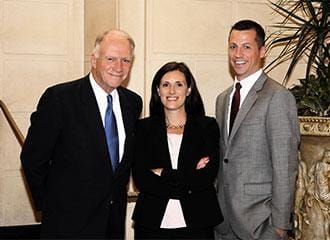Many people in Carnegie assume that when they become injured on someone else’s property, they have the right to hold them accountable for damages. According to FindLaw, that is the basis of premises liability. However, there are certain requirements that must be met validate a person’s claim.
There are many types of accidents that fall under premises liability, such as slip-and-fall incidents, dog bites, fires and swimming pool accidents. However, slips and falls are the most common. Anyone who owns or manages property may be held liable for any accidents and injuries that occur on their properties, regardless of their presence. Here is a brief overview on premises liability and slip-and-fall accidents.
Slip-and-falls and property owner responsibilities
Many people tend to trip and fall over objects, on slippery surfaces and other hazards and dangerous conditions that can affect their ability to walk safely. Hazardous conditions can happen at any time, But, property owners must correct them in a timely manner to protect their guests and visitors. If immediate action is not possible to improve walkway safety, building owners and their representatives must take steps to inform the public of those dangers so they can avoid them.
Examples of slip-and-fall premises liability
For example, a person walks into a grocery store and slips on water leaking from a shelf. They end up hitting their head on a shelf and the floor before losing consciousness. If the store owner, manager or an employee knew about the leaking water and did nothing to clean it up and dry the floor, then the victim can hold those individuals responsible for their injuries and receive compensation for them.
Those same people may still be found liable if they did not know about the dangerous condition that lead to the accident. Building owners and their representatives must stay aware of their property conditions at all times. They should check their premises often to ensure they remain hazard-free. But, if the employees or property owner knew about the slippery floor and placed “wet floor” signs in the area, and the victim ignored them, the liability and responsibility for the accident may fall on the victim. They ignored the warnings and continued walk in a dangerous area without regard for their own safety.
Slip, fall and trip accidents where liability is the fault of someone other than the victim are preventable. People should pay attention to their surroundings, floor surfaces and avoid places with poor conditions and fall hazards.


